Search results: 360
- Teacher: MERLIN MARY JENITHA
- Teacher: RAMALAKSHMI D
- Teacher: srividhya .
- Teacher: RAMALAKSHMI D
- Teacher: SUDHA D
- Teacher: Kamatchi KS
- Teacher: Asha R
- Teacher: VELVIZHI R
- Teacher: Gowri S
- Teacher: POTHUMANI S
- Teacher: Sundar R
SCSA3015-DEEP LEARNING
- Teacher: Ruby Angel
- Teacher: DAPHINE DESONA CLEMENCY C A
- Teacher: RAMALAKSHMI D
- Teacher: VINOTHINI E
- Teacher: VANATHI M
- Teacher: SUDHA R
- Teacher: VELVIZHI R
- Teacher: AMSHAVALLI R S
- Teacher: NANCY NOELLA R S
- Teacher: NITHYA SEKAR
- Teacher: Krithiga T
- Teacher: K CHENNAKESAVULU
This course is designed for the budding engineers to understand the significance of chemistry which forms the basic foundation of engineering. The course comprises of five units dealing with all the aspects of material science. Bonds to bands explains the fundamentals involved in the bond formation to the band theory of materials which finds significant applications in engineering. Molecular spectroscopy involves the interaction of electromagnetic radiation with materials in order to produce an absorption pattern from which structural or compositional information can be deduced. Functional materials deal with charge transport carriers such as soliton, polaron and bipolaron in conducting polymers that are utilized in engineering molecular devices. Carbon materials emphasize the structure, properties, production of fullerenes, graphene, CNT’s and their applications in the field of health, stealth and energy. Engineering materials covers the importance of Phase rule, Fuels and nanoparticles in the engineering and medicinal field.
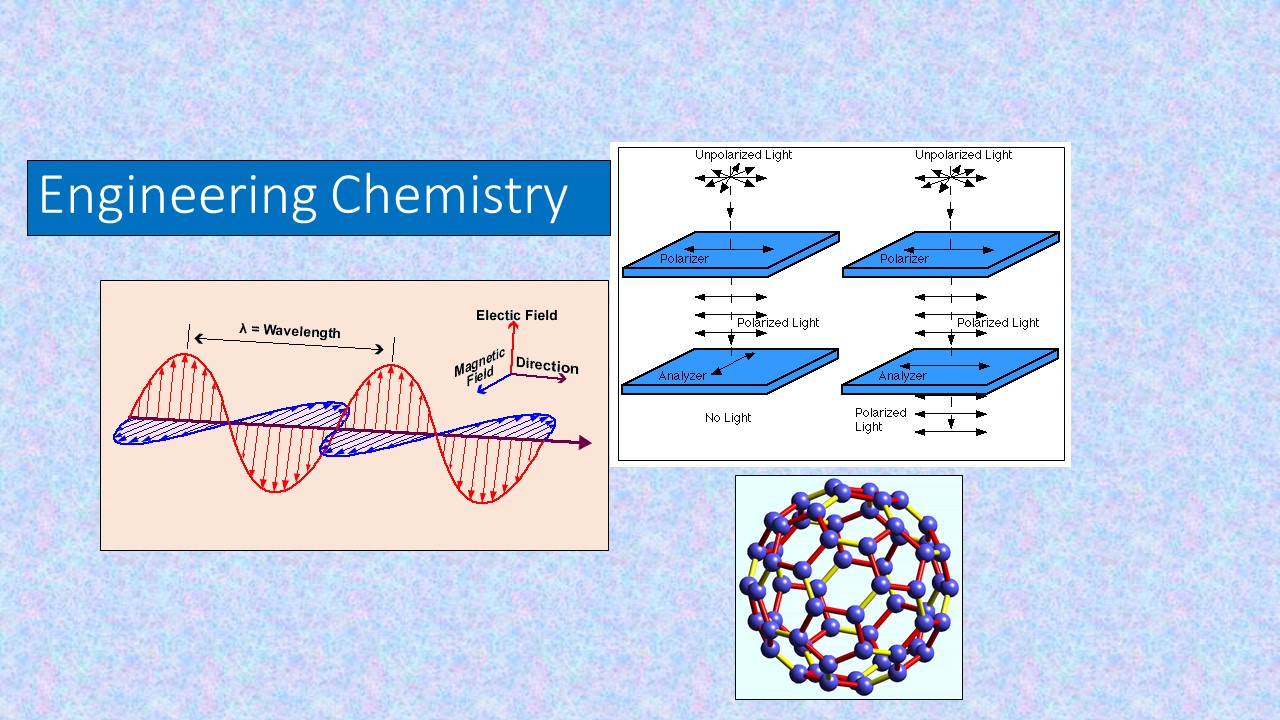
- Teacher: Krithiga T
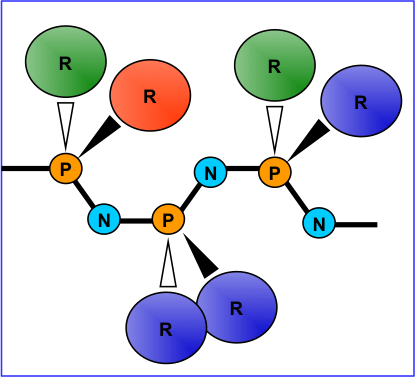
- Teacher: Karthikeyan Jayabalan
- Teacher: Anju K
- Teacher: Vengatesh P
- Teacher: Sunitha S
The course is intended for undergraduate students in chemistry with an insight into organic compounds preparations and synthesis. The course will provide a platform in understanding the molecular rearrangements which pave way in their industrial applications. At the end of the course, the participants will be able to
To understand the chemistry of heterocyclic compounds containing O, N, S.
To synthesize the carboxylic acids along with their reactivity nature.
To develop the practice of learning molecular rearrangements along with their mechanism.
To discuss the importance of active methylene groups in organic synthesis.
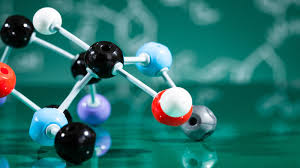
- Teacher: Subhenjit Hazra .
- Teacher: Kavitha V
The course is framed for undergraduate chemistry students to bridge the conceptual ideas in analytical chemistry with practical experiment for better understanding. The course will create a platform for the students to undergo hands-on training in preparing the solutions with safe handling of chemicals and glasswares. The course promotes analytical skills among the students in quantitative and qualitative analysis. At the end of the course, the students will be able to
Acquire analytical skills in handling equipments , glassware and chemicals.
Compile, Analyze and interpret the volumetric data for calculation with greater accuracy and precision.
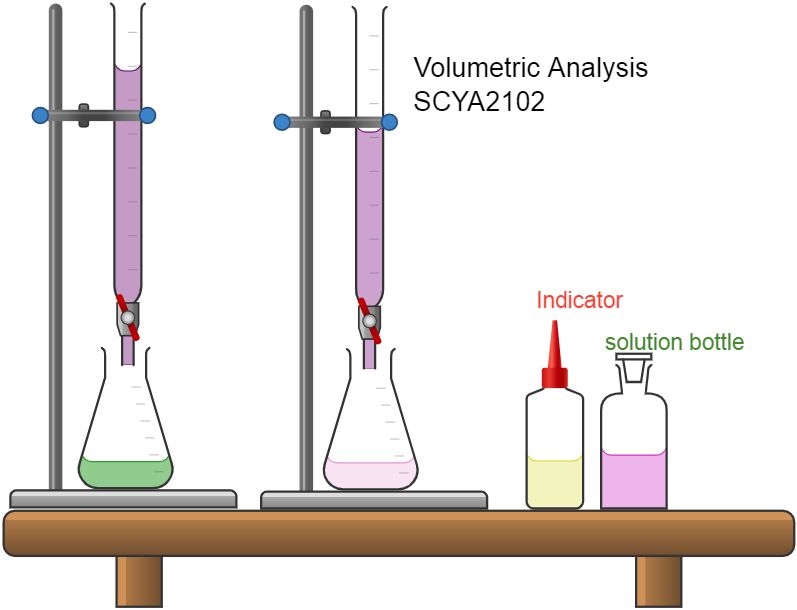
- Teacher: Kavitha V
The course is intended for post graduate student s in chemistry to give an insight into the industrial aspects of designing the products. The students will be able to understand the significance of stereo, enantio, regio and chemo selective asymmetric synthesis in aldol formation, hydrogenation, hydroformylation reactions. At the end of the course, the student will be able to
1)Categorize and analyze the mechanism involved in basic organic reactions.
2) Propose and predict a strategic reaction pathway in synthesizing a stereo, regio, enantiomeric chiral product.
3)Choose and predict the organometallic reagents in organic reaction
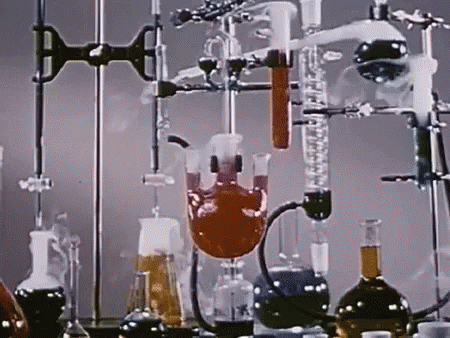
- Teacher: Ramanjaneya Reddy G
- Teacher: Kavitha V
The course will give an insight in understanding the strategies involved in designing a chemical reaction. and highlights the importance of oxidizing and reducing agents in functional group conversion reactions. It provides an platform in understanding the name reactions and molecular rearrangement in organic chemistry. At the end of the course, the student will be able to
1) Construct a single step retrosynthetic pathway for organic reaction.
2) Interpret and design the products in organic chemical reactions.
3) Formulate and predict the products based on Metal-mediated organic chemical reactions.
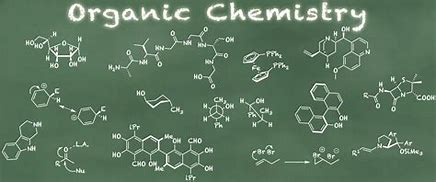
- Teacher: Kavitha V
This course deals with the fundamentals of quantum chemistry in sub-atomic level such as wave properties, Uncertainty principle, de-Broglie hypothesis, Schrodinger equation, operators and eigen functions. Applications of quantum chemistry to one-dimensional harmonic oscillator, three-dimensional hydrogen atom, angular momentum and spin angular momentum, quantum numbers, shapes of atomic orbitals are discussed. Approximation methods- Perturbation and variation methods and its application to helium atom is dealt in a simplified manner. The latter part of the course covers the mathematical treatment of symmetry elements and point groups of molecules in predicting the chirality, chemical bonding, polarisability, molecular orbitals and spectroscopic transitions.
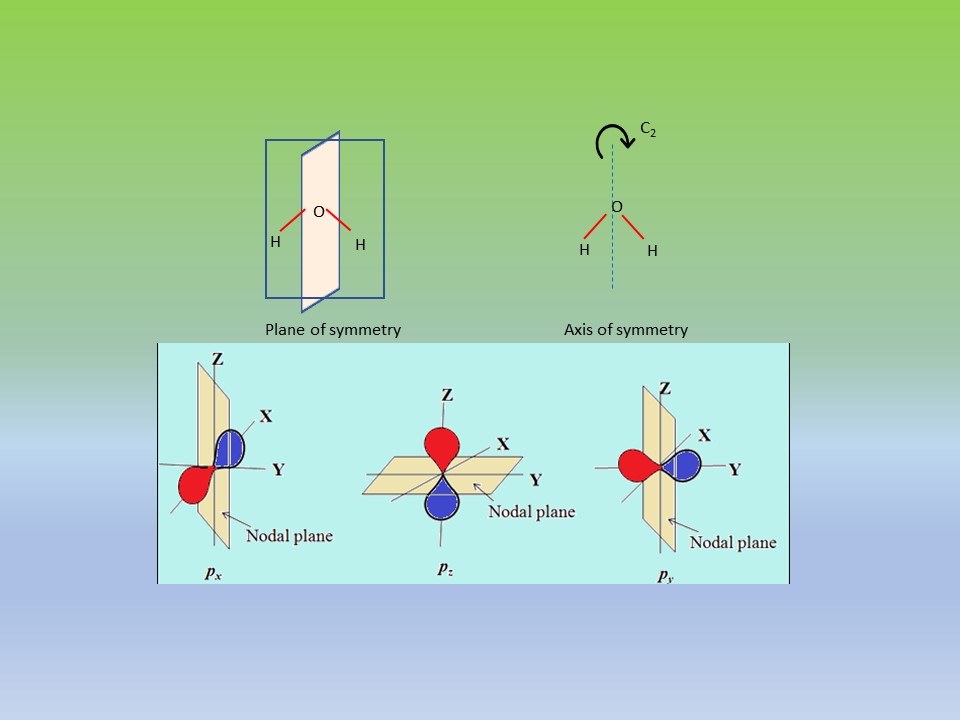
- Teacher: Krithiga T
- Teacher: Krithiga T
This practical course enables the students to understand the construction binary and ternary phase diagrams; to gain practical knowledge in the synthesis of nanomaterials; to know about the practical applications of uv-visible spectrophotometer; and to learn the use of Ostwald’s viscometer for molecular mass determination.
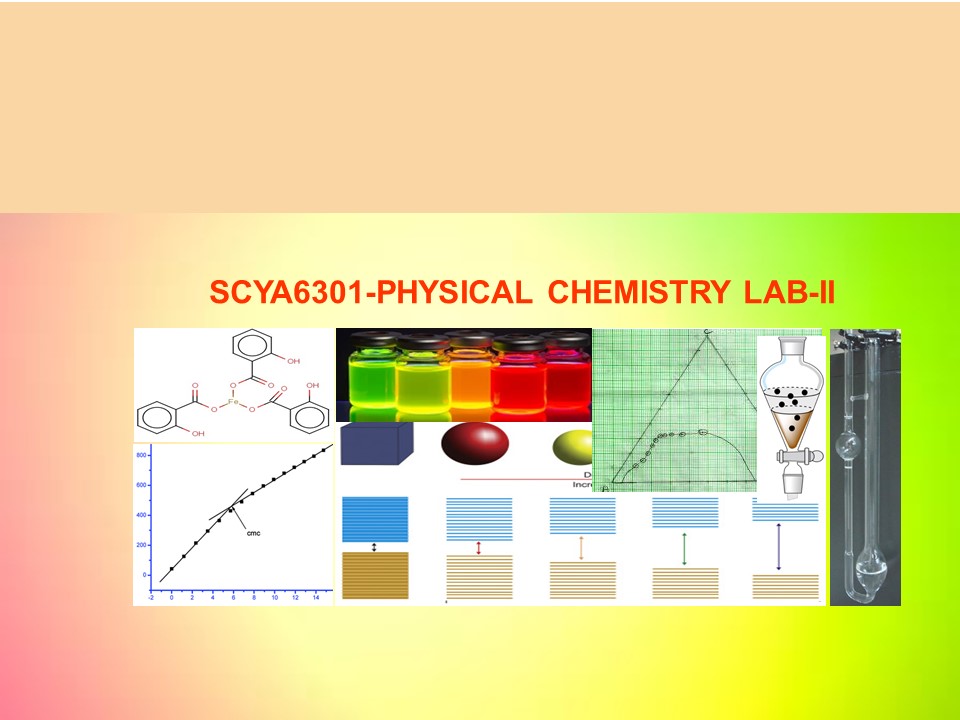
- Teacher: Krithiga T


